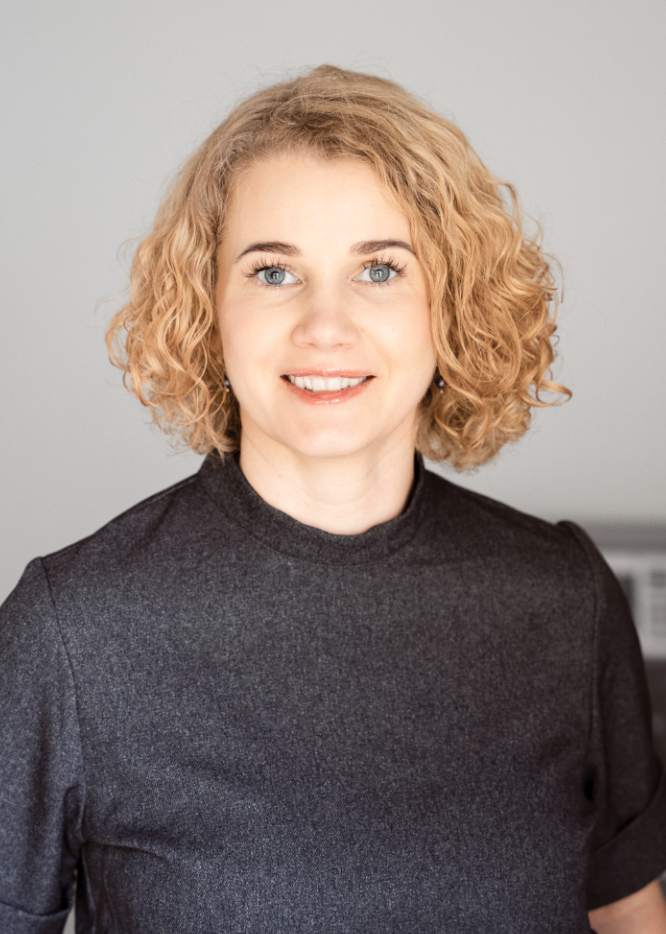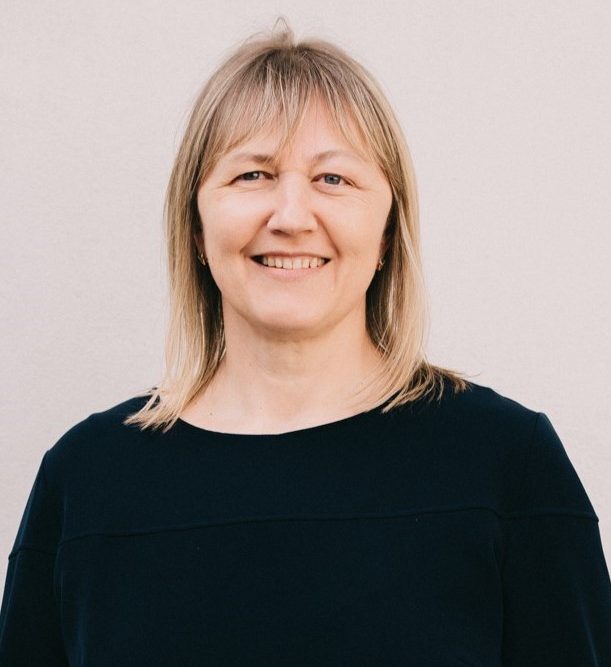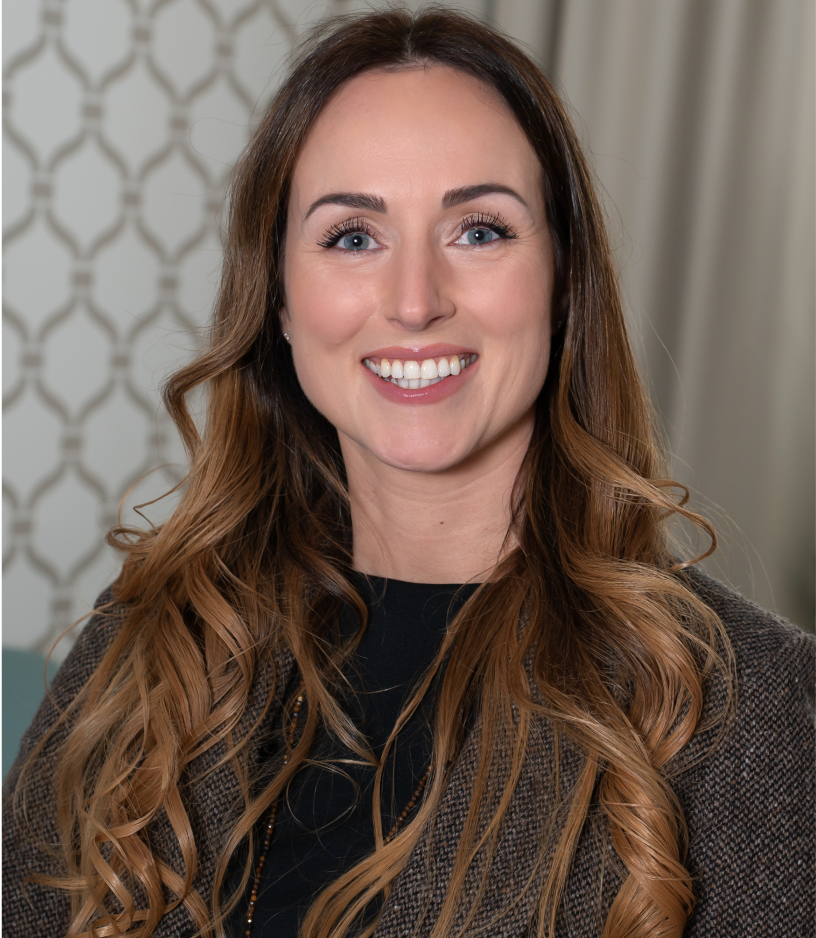Medicine fascinated me from a young age. I remember two of my earliest games: the first was treating my toys, and the second was teaching them. So, growing up, medicine and education were the fields that intrigued me the most. In school, I discovered another new field that completely captivated me—chemistry. Therefore, when choosing my studies, it was not easy to decide which field to focus on. Ultimately, pharmacy studies caught my eye, which seemed to perfectly match all my expectations.
During my studies, my fascination with chemistry and human physiology only grew stronger. It was very interesting to delve into the mechanism of drug action and how medications can change the unpleasant symptoms a person feels. I felt that I wanted to help people improve their physical health, and I was determined to pursue a scientific career after my studies. My master’s thesis was to create a compound of a certain chemical structure that would be active against golden staph (Staphylococcus Aureus). I was very excited about working in the laboratory until I completed my final internship in a pharmacy. And then something clicked—I was completely fascinated by the work in the pharmacy. Seeing how much my consultation could contribute to a patient’s better well-being gave me immense added value. That’s when I realized that pharmacy was my first professional love. Delving into the benefits provided by plants opened up many opportunities.
However, over time, I realized that I needed something more alongside pharmacy. I have accumulated knowledge, but I want to share more, not just with patients who come to the pharmacy. And just at work, a project called “Afternoon with the Pharmacist” appeared. During these sessions, I would invite patients and briefly introduce a disease, how it works, what symptoms it causes, and focus primarily on prevention. What should be done to avoid or delay the disease. And as I kept talking about preventive measures, I realized that this was my topic. This was the part I missed most in my job—to delve deeper and understand why diseases occur and how they can be delayed.
When I started looking for training to deepen my knowledge about human physiology and the causes of disease, I found endobiogeny. These studies changed my perspective on the human body. The holistic approach of this diagnostic method helped me understand how everything in the body is interconnected. I used to think that if painful menstruation bothers someone, it’s just the way the body is, and there are two paths: hormonal contraception and pain medication. However, endobiogeny showed a third way—the pain is a consequence of hormonal imbalances, and by adjusting the balance, the symptoms can be changed. It is only important to know your body, its strengths, and what needs to be supported.
Endobiogeny fascinates me with its concreteness but also with its consideration of individual differences. When evaluating a patient’s blood test, the main focus is on the expression of hormonal interactions (we are usually used to evaluating whether the result fits within the normal range or not), which provides significantly more information about the body. From the information obtained, it is possible to know and evaluate the body—whether the amount of hormone secreted is sufficient. Or maybe it is not enough, and signs appear that indicate this.
My core values are continuous improvement, building connections, and health. And these beautifully intertwine in this discipline. To feel better, it is important not only that the specialist selects the necessary tinctures but also the patient’s willingness to change their habits. I understand that it is not always easy, and sometimes there is no desire to change. But when you know how much change can contribute to well-being, you start to see the benefits of sleep, nutrition, and physical activity differently. I have personally felt how much physical activity and choosing the right food products contribute to my better health. I love running, not just for physical exercise, but it is also an excellent way to relieve accumulated stress. Another favorite activity is aerial yoga. I believe that finding a favorite sport can make physical activity a pleasant activity that not only uses energy but also recharges.
I also use endobiogeny tinctures myself and feel and see the changes in my body. This method suits me very well. If you are also looking for ways to help yourself feel better, I invite you to try it. Change happens gradually. I wish you not to give up and to have the patience and strength to move towards a healthier tomorrow.
Education:
- 2023: One-year PASP endobiogeny specialist training program “Endobiogeny,” approved by the Ministry of Health of the Republic of Lithuania, Order No. V-2947. Organizer: VšĮ Endobiogeny Institute. Lecturers: Dr. Yuliya Asovskaja, Dr. Gabrielė Barkauskienė, Indrė Skorupskienė, Prof. Dr. Danielius Serapinas, Dr. Sandrija Čapkauskienė, Dr. Jūratė Šapel, Daiva Mučinienė.
- 2021: LSMU, extended pharmacist qualification.
- 2011–2016: LSMU, Faculty of Pharmacy, Master’s degree in Pharmacy, pharmacist qualification.
Work Experience:
- Since 2024: Consulting at the “Endobiogeny” clinic.
- Since 2019: Head of pharmaceutical activities at UAB “Gintarinė Pharmacy.”
- Since 2016: Working as a pharmacist at UAB “Gintarinė Pharmacy.”

















